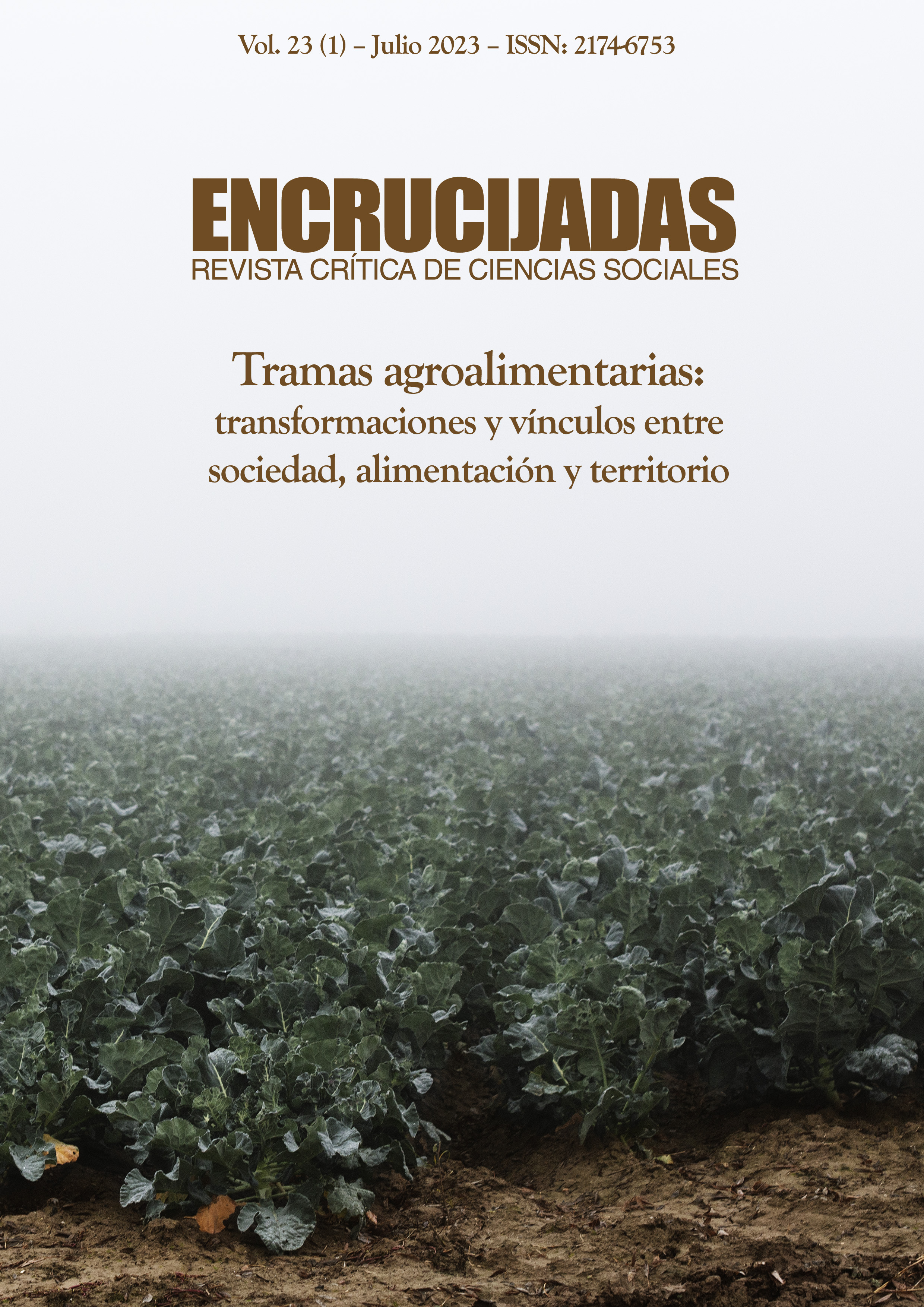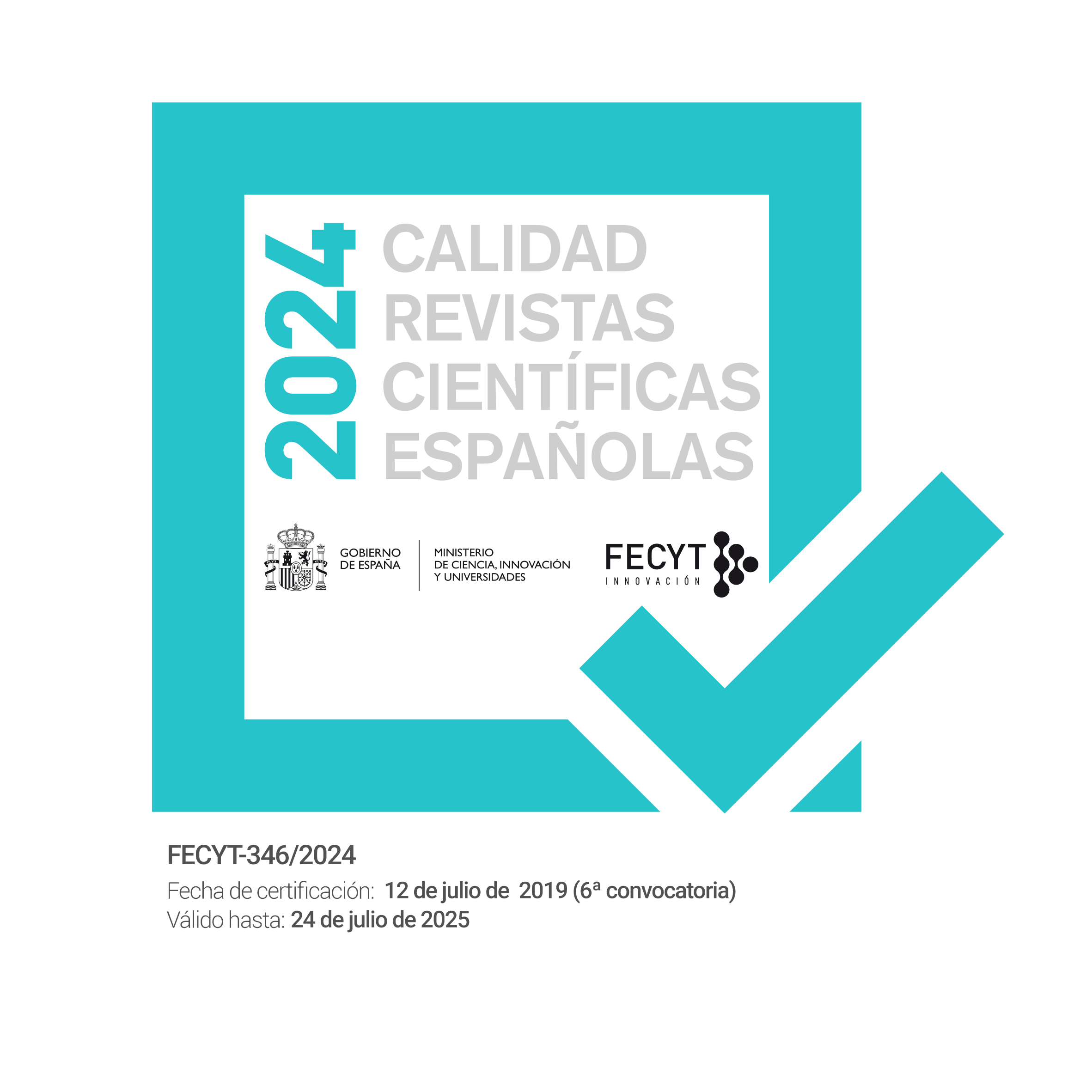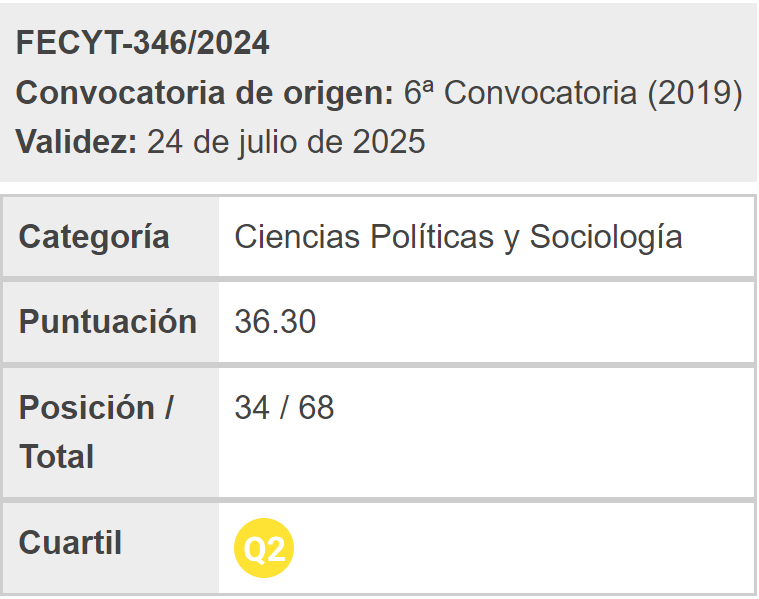Rurality, quality and food: a vital academic trajectory between tradition and innovation. In conversation with Encarnación Aguilar
Keywords:
rural studies, quality brands, food, traditionAbstract
In this interview, Professor Emeritus of the University of Seville Encarnación Aguilar Criado answers a series of questions about rurality, food quality and tradition by looking back over her excellent academic, intellectual and life trajectory. Her reflections begin with a description of her early work on gender and domestic production by embroiderers of manila shawls in Seville, and continue with her research on food quality, tradition and innovation from the point of view of producers in rural environments. In this interview, the author also mentions the different researchers and intellectuals who have accompanied her throughout these years, allowing us to understand and contextualise the work developed during a whole academic life dedicated to teaching and research from the point of view of Social Anthropology.
Downloads
References
García de Azcárate, Tomás (2023). François Purseigle et Bertrand Hervieu, Une agriculture sans agriculteurs. Revista Española de Estudios Agrosociales y Pesqueros, 260, 422-427. https://doi.org/10.24197/reeap.260.2023.422-427
Gómez Benito, Cristóbal y Emilio Luque Pulgar (2007). Semillas de Modernidad. El servicio de Extensión Agraria (SEA) y la transformación del campo español (1955-1980) [Documental]. La UNED en TVE-2, (enlace).
Hervieu, Bertrand [1993] (1996). Los Campos del Futuro. Ministerio de Agricultura, Pesca y Alimentación, Secretaría General Técnica, Serie Estudios nº 118, (enlace).
Lash, Scott y John Urry (ed.) (1993). Economías de signos y espacios. Sobre el capitalismo de la posorganización. Amorrortu.
Moyano, Eduardo (coord.) (2022). La España rural. retos y oportunidades de futuro. Cajamar Caja Rural.
Downloads
Published
How to Cite
Issue
Section
License
Copyright (c) 2023 Encrucijadas. Revista Crítica de Ciencias Sociales

This work is licensed under a Creative Commons Attribution-NonCommercial-NoDerivatives 4.0 International License.
Los autores/as conservan los derechos de autor y ceden a la revista el derecho de la primera publicación, con el trabajo registrado con la licencia de atribución de Creative Commons Reconocimiento-NoComercial (CC-BY 4.0), que permite a terceros utilizar lo publicado siempre que mencionen la autoría del trabajo y a la primera publicación en esta revista. Encrucijadas permite y se anima a todas las personas autoras a depositar la versión final publicada en repositorios institucionales o temáticos de acceso abierto, cumpliendo en caso necesario los términos establecidos por la entidad financiadora de la investigación.




